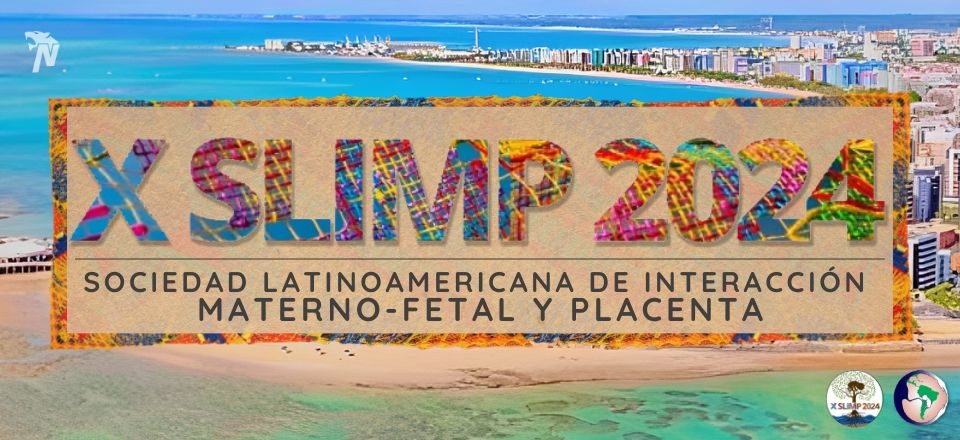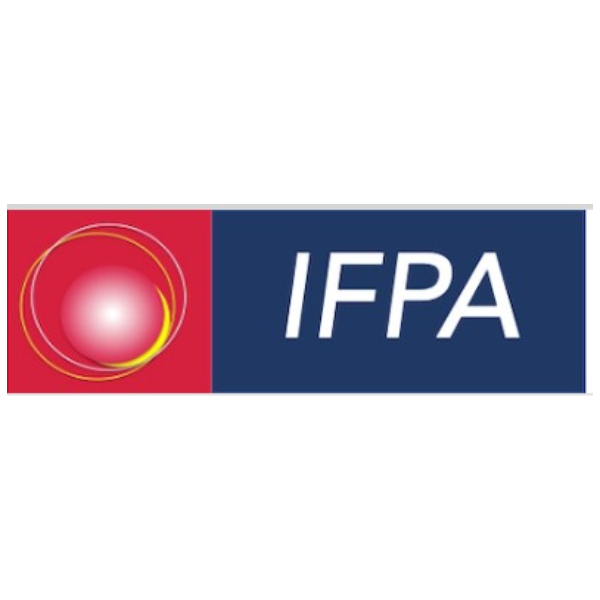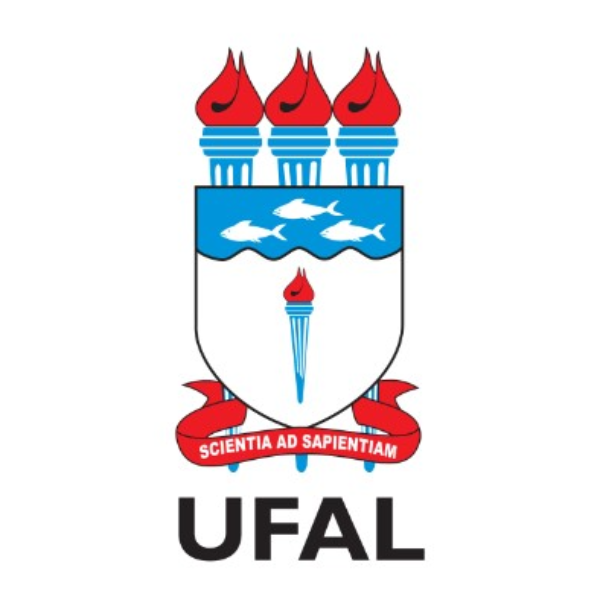Speakers
Meet our speakers
Alexandre Borbely
Universidade Federal de Alagoas, Brazil
Polystyrene microplastics are harmful to the human placenta
Alicia Damiano
Universidad de Buenos Aires, Argentina
Understanding the role of AQP9 in preeclampsia: more than just a water channel
Alicia Jawerbaum
Universidad de Buenos Aires, Argentina
Maternal diets enriched in unsaturated fatty acids to prevent diabetes induced impairments in the decidua and the placenta
Amanda Sferruzzi-Perri
University of Cambridge, UK
Deciphering the role of the placenta in pregnancy and future cardio-metabolic health
Angela Alvarez
Universidad de Antioquia, Colombia
Lessons from the seronegative obstetric antiphospholipid syndrome: relevance of the non-criteria antiphospholipid antibodies
Belissa Barbosa
Universidade Federal de Uberlandia, Brazil
Immunological mechanisms, parasite-host interaction and alternative treatments for toxoplasmosis at maternal-fetal interface: an update
Carlos Escudero
Universidad del Bio-Bio, Chile
Placenta-brain Communication in Preeclampsia
Carlos Galaviz-Hernandéz
Instituto Politecnico Nacional, Mexico
Exploring the Paternal Influence: A New Frontier in Understanding Preeclampsia
Cathy Vaillancourt
Institut National de la Recherche Scientifique, Canada
What can the placenta tell us about maternal depression during pregnancy ?
Debora Damasceno
Universidade Estadual de Sao Paulo, Brazil
Diabetes and intergenerational outcomes
Diana Morales-Prieto
Universitätsklinikum Jena, Germany
Spreading the message: Effect of preeclamptic EVs on brain endothelial and glial cells
Dolores Busso
Universidad de los Andes, Chile
Nutrition and Neurodevelopment: Participation of Vitamin E in the Differentiation of the Early Brain
Estela Bevilacqua
Universidade de Sao Paulo, Brazil
Thinking outside the box: The placenta responds to injury with proinflammatory cytokines even when the environment is immunosuppressive
Evangelina Capobianco
Universidad de Buenos Aires, Argentina
The POHAD paradigm: role of the placenta in paternal programming
Fernanda Giachini Vitorino
Universidade Federal de Mato Grosso, Brazil
O-GlcNAc and placentation: a sweet regulatory pathway?
Guiillaume Sébire
McGill University, Canada
Role of bacterial chorioamnionitis in the physiopathology of neurodevelopmental disorders of the offspring
Hanna Dusza
Utrecht University, Netherlands
Microscopic Invaders: Uptake and Toxicity of Micro- and Nanoplastics in the Human Placenta
Juan Arroyo
Brigham Young University, USA
Placental Pyruvate kinase isozymes M2; a player in placental diseases?
Julio Bueno
Universidad de Antioquia, Colombia
A glycobiological approach of maternalfetal interface in preeclampsia
Leslie Myatt
Oregon Health and Science University, USA
Sexual dimorphism in placental adaptive responses to maternal metabolic disease
Maria Sol Martínez
Universidad Nacional de Cordoba, Argentina
Chronic inflammation of the male genital tract impairs female genital tract immunomodulation and decrease fertility potential
Nick Illsley
Placental Research Group LLC, USA
Extravillous trophoblast, villain or victim?
Paola Ayala
Pontificia Universidad Javeriana, Colombia
Early Detection of Pregnancy Pathologies: Nucleic Acid Markers in Maternal Blood as a Non-Invasive Strategy
Paola Casanello
Pontificia Universidad Católica de Chile, Chile
Developmental programming of the offspring´s health and disease by maternal obesity
Pascale Chavatte-Palmer
Université Paris Saclay, France
Transgenerational effects of airborne exposure to diesel exhaust: insight using a rabbit model
Reggie Robles
Pontificia Universidad Javeriana, Colombia
Epidemiological study of preeclampsia in Colombia
Ricardo Fretes
Universidad Nacional de Cordoba, Argentina
Congenital transmission of Chagas: Placental responses to Trypanosoma cruzi infection
Rodrigo Weingrill
University of Hawai'i at Manoa, USA
Investigating the Effects of Microplastics Accumulation on Women’s Health during Pregnancy
Rosanna Ramhorst
Universidad de Buenos Aires, Argentina
Immunoregulation of the decidualization program: impact of the reticular stress and senescence in endometrial receptivity
Stacy Zamudio
Placental Research Group LLC, USA
NIH Human Placental Project: Advances in placental imaging will save lives
Tania Ortiga
Universidade Federal do Rio de Janeiro, Brazil
Placenta in ZIKV infection: from women to mice
Tatiana El-Bacha
Universidade Federal do Rio de Janeiro, Brazil
Placental sphingolipids in gestational diabetes and maternal obesity
Ulrike Kemmerling
Universidad de Chile, Chile
Trypanosoma cruzi-host interaction: The role of parasite-derived exovesicles during ex vivo infection of human placental explants
Yalda Afshar
University of California, Los Angeles, USA
Stop Blaming the Placenta: Understanding the Biology of Placenta Accreta Spectrum
Report sent successfully!
Report this event
Please describe below the reason for your complaint.
















